
Enuresis is a medical term used for the condition most people refer to as bedwetting. The most common type of this medical condition is nocturnal enuresis, in which a child passed urine at night, during the sleep. Such behavior may be voluntary or involuntary. It is also important that enuresis cannot be considered or diagnosed as a medical condition until the child reaches 5 years of age. Enuresis can be divided into nocturnal which occurs at night, and diurnal which occurs during daytime.
There are also certain children who may experience a combination of both different types of enuresis. Enuresis is a medical condition which can be characterized by wetting at least twice a week for approximately three months, wetting in the clothes and repeated bed wetting.
The exact cause of enuresis is largely unknown, but there are certain contributing factors which can be held responsible for its onset. Voluntary or involuntary passing of urine may be triggered by developmental delays which interfere with toilet training, severe stress, persistent urinary tract infection or a small bladder.
Various emotional, behavior and mental disorders may be associated with both voluntary and involuntary causes of bedwetting. Enuresis can also be considered as a hereditary medical condition, so it can be passed on from parents to the child. Forced or premature toilet training may also have a very negative effect on the child and trigger the onset of enuresis.
Parents of children who suffer from enuresis should not worry that much because it is one of the most common medical conditions everywhere around the world. In most cases, children simply outgrow this medical condition once they reach their teenage years.
Diagnosis and Treatment
Enuresis cannot be diagnosed as a medical condition in children who are under 6 years of age. In order to diagnose the condition, the doctor needs to perform physical exams and he or she needs to be well informed about the child’s medical history. Exams are important because enuresis may sometimes be associated with certain other medical conditions such as structural defects, functional defects, various sorts of infections, diabetes and others.
There are also certain types of medications which can be held responsible for triggering bedwetting at night. Most cases of enuresis do not require any specific treatment method because kids tend to outgrow the problem. It may be a good idea to try and reduce the intake of liquids a few hours before going to bed in order prevent the bedwetting from occurring in the first place.



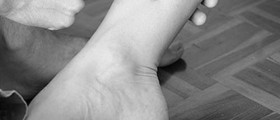



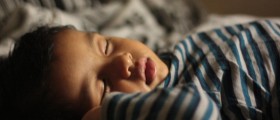


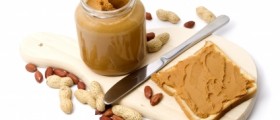
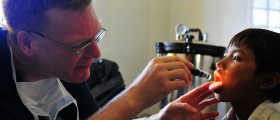



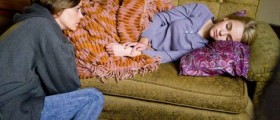
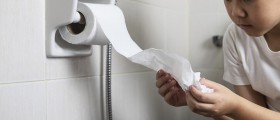
Your thoughts on this
Loading...